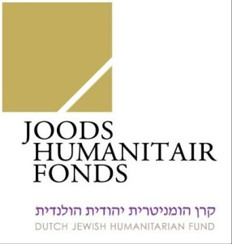Dozens of homicides of Jews and a series of anti-Semitic incidents were reported.
A month ago, two out of nine Jews living in the village of Wąchock, were murdered. The others immediately escaped from the village. Small groups of heavily armed terrorists often come out of the nearby forests and stand on the streets where Jews live, creating panic among all the inhabitants of Jewish towns.
Inspector Zeliwski. Report for the Central Committee of Polish Jews, May 1945


